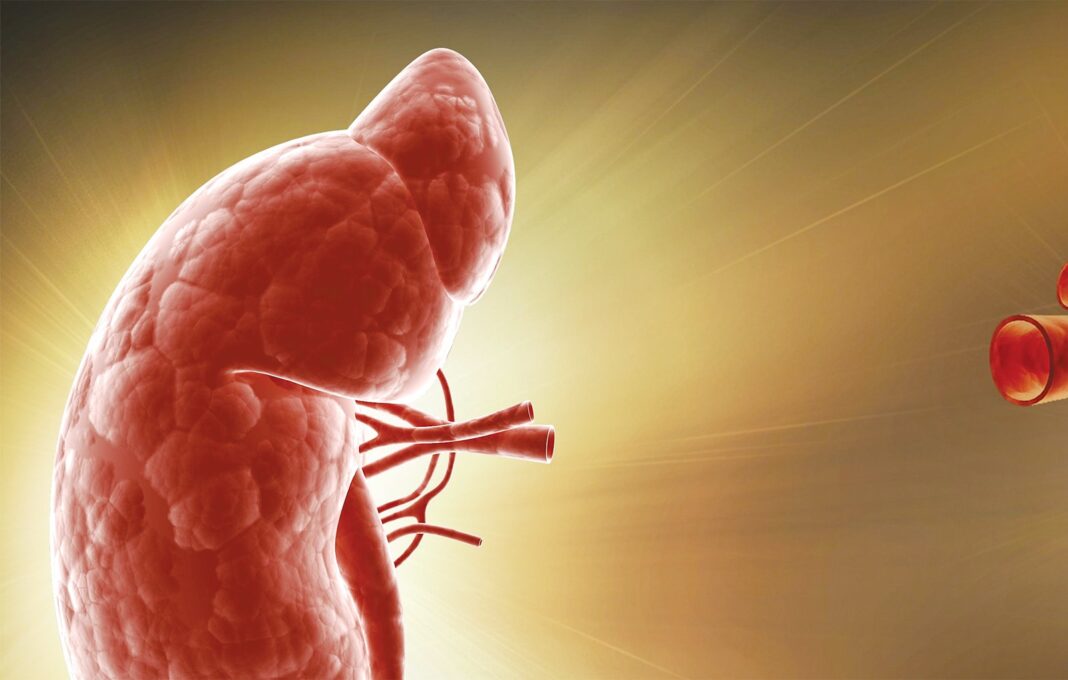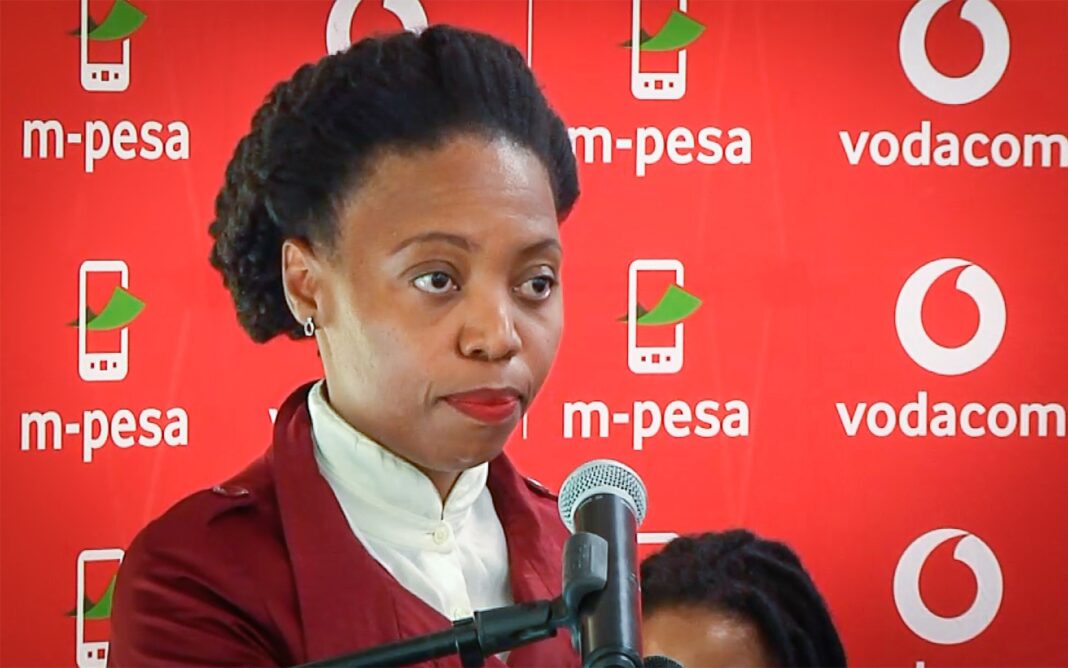By ‘Majirata Latela
The lives of patients who undergo routine dialysis sessions are in danger due to dysfunctional machines at the Motebang Hospital in the Leribe district.
Already, some several patients are said to have died due to unwitting failure to attend dialysis treatment sessions at the government-owned Motebang Hospital.
They are worried that they face health risks amid the dysfunctional machine at the health facility with others having to travel to neighbouring South Africa for medical attention linked to chronic kidney diseases.
Chronic kidney diseases are said to be longstanding diseases affecting the kidneys leading to renal failure. The kidneys filter waste and excess fluid from the blood. As kidneys fail, waste builds up and symptoms develop slowly which may not be specific to the disease.
It is said that some people have no symptoms at all and are diagnosed by a labaratory test. Medication helps manage symptoms. In later stages, filtering the blood with a machine (dialysis) or a transplant may be required.
Dialysis is a treatment for people whose kidneys are failing. Kidney failure is a situation where the organs do not filter blood the way they should. As a result, wastes and toxins build up in the bloodstream. A dialysis machine does the work of one’s kidneys of removing waste products and excess fluid from the blood.
Last week theReporter newspaper visited the only national Dialysis Unit at Motebang Hospital, funded by the Japanese Embassy and the foundation of Tokushukai in 2010.
During the visit, this scribe met Jonas Malakane, a kidney disease patient attending dialysis at Motebang, who, on behalf of the kidney patients at Motebang, penned a letter requesting a meeting with the parliamentary social cluster and the ministry of health to attend to their grievances.
Among a long list of grievances that Malakane pointed out is a regular failure by the dialysis machines to function sometimes due to power failure. He said there seemed to be no contingency plan to remedy the situation when there is electricity cut.
Malakane suggested that more machines could be erected at different hospitals in the country so as to serve patients in their districts. In case of some district’s machines failure to function, patients could travel to other safe hospitals.
He said there is need for renal unit expansion as there is a single national renal unit for the whole country. That, he suggested, would help those who cannot afford services at private hospitals.
“We have only one renal unit at Motebang Hospital which accommodates all kidney patients in the country. The facility is not big to accommodate us and a lot of patients are turned away to die due to space constraints.
“Because there is only one hospital to find dialysis machines, this means we have to leave our families and come to stay close to the Motebang so that we can easily be able to access dialysis sessions with some of us having to attend the sessions three times a week.
“Many of the patients have rented houses so as to be able to attend the sessions. Only a few get lucky to stay with relatives if they are those who stay in Leribe and Butha-Buthe. Leaving one’s family to be close to the place on its own is a pain and denies us privilege to be taken care of by our family members,” he said.
He warned most patients are in bad financial standing to effect that some of them lack food forcing others to abandon attending to the sessions, resulting in deaths.
Those who travel for sessions at the Motebang Hospital outside the Leribe district have to bare transport and accommodation costs amid rising public transport fares.
He also lamented an unavailability of prescribed medication including from some pharmacies and hospitals, noting that prices at the private pharmacies are souring. In other instances, they are forced to seek medication from South Africa.
“With the challenges mentioned above which have added to our financial stress, we are not able to afford private hospitals dialysis thus why many people die at a high rate if they do not get dialysis sessions,” Malakane warned.
He advised for conducting dialysis sessions even during the day so as to safe jobs for those working. And as such that would avert any unauthorised absentism from work.
He wished the government would cater for their accommodation and transport fares while also calling on the services of therapists.
Malakane further requested that the M215 monthly renal fees be removed as they cannot afford it due to the challenges they face. He also pleaded for transport services to be offered to them.
Some of the patients who were on dialysis that day included ‘Mamofolo Khaile who hails from Mokhotlong. Ever since she began dialysis life, she has never been on an easy ride. She was forced to rent a small room in Maputsoe, Leribe in order to be closer to the Motebanag Hospital.
Apart from being a mother of one child she struggles to make ends meet as her husband survives on temporary jobs.
“I cannot even look for a job because of my health so as to help my husband support our family. I stay alone in that house and sometime when I am from dialysis, I cannot even dish out for myself because of the weakness of my body. Now that transport fares have increased it is going to be even more difficult for me to survive and be able to attend sessions.
“I believe that if this kind of services were closer to me in Mokhotlong Hospital I would not be suffering like this. I cannot even visit my family back home because of high transport costs,” Khaile said.
The parliamentary social cluster eventually invited officials from the health ministry to respond to the patients’ grievances.
Health ministry’s director general Dr ‘Nyane Letsie told the committee that in 2017 when dialysing at Motebang commenced it was after the realisation that all patients who needed dialysis machines were dying at an alarming rate.
Letsie said though there is only one renal unit in Lesotho, an arrangement has been made for children aged below 10 years to undergo dialysis in Kwazulu- Natal, South Africa.
She revealed that in 2011 two nurses, a doctor and a technician were trained in India to be deployed in that unit. Unfortunately, she added, in 2017 when unit was established the doctor had already found a job in South Africa.
“The ministry sought help from Zambia but later Lesotho entered in an agreement with Apollo doctors and there was a group of doctors, nurses and technicians who were sent to India for training on renal diseases. That was when then that dialysing patients started.
When responding to the availability of medication for renal patients, Letsie said if National Drugs Services Organisation (NDSO) runs out of prescribed medication, Motebang Hospital has been granted a green light to source supplies from elsewhere.
She promised to review the situation to alleviate the problems being encountered.
Letsie told members of the committee that the executive cabinet has approved a renewal of a memorandum of understanding between Lesotho and the Apollo Doctors.
It is planned that in the next two to three weeks, an expert on kidney disease will be in the country to examine the patients so that “those who need transplant can get it.”
She urged: “In the near future, the ministry’s plan is to make sure that the dialysis is done in the country so that there is skill transfer. The dialysis machines are meant to help patients’ kidneys to function again and those who need transplant to get it,” Letsie promised.
On the M215 fee charged, she said it came about after realising that it would cost M8000 per patient to dialyse for a week. The money those treated pay is the M15 multiplied by the number of dialysis sessions per month. The M15 is the amount of money that every Mosotho pays to get services every time they go to government hospitals and clinics, she added.
Dr Pusetso Tjopo on behalf of Motebang Hospital told the meeting that the renal unit has 10 haemodialysis machines and beds. He said in a day from Monday to Saturday, a maximum of 20 patients dialyse every day for three times each.
The first cohort starts at 7: 00 am to 11:00am and the second cohort starts from 12:am to 16:00pm.
“Because Motebang Hospital serves Lesotho’s population with dialysis, it means when we have those 40 patients full on capacity for dialysis, we still have a long waiting list of 20 people who need dialysis.
“Lesotho is still faced with a crisis of shortage of doctors and for that unit only to have two doctors shows dedication to those doctors while other units are compromised. We have a total of 12 nurses and one technician for the unit. The machines are serviced once a year at a cost of M40,000 by a Japanese company based in South Africa. The company also fixes the machines when they are broken,” he noted, observing a doctor has been roped in to attend procurement meetings.
He admitted that there are times when some medications are not available at the hospital and showed that the challenge is mainly “because NDSO sometimes does not have required medication.
The chairperson of social cluster, Moshoeshoe Fako said the ministry of health should also consider working with other ministries to see how patients from other districts can be able to be transported daily to attend their sessions while the ministry looks at a long-term plan to extend the renal unit.









